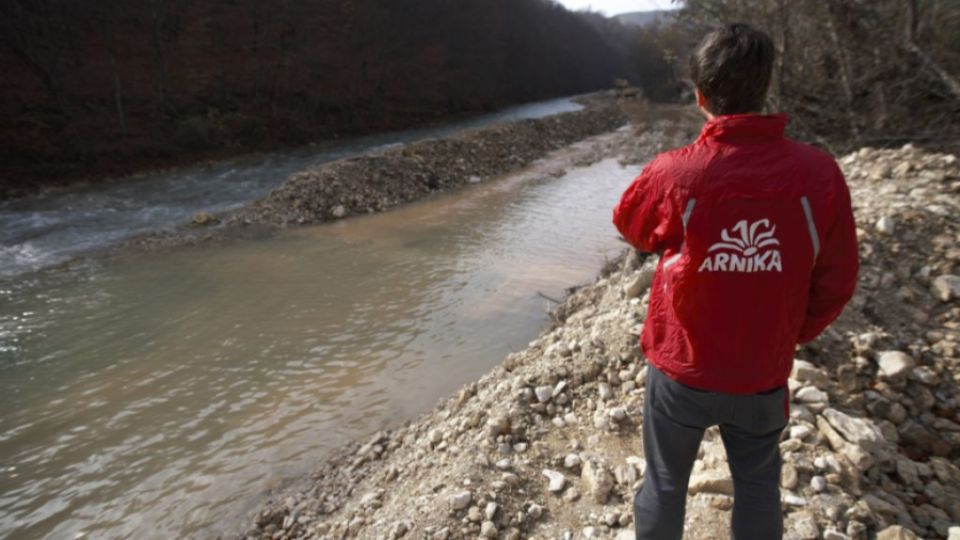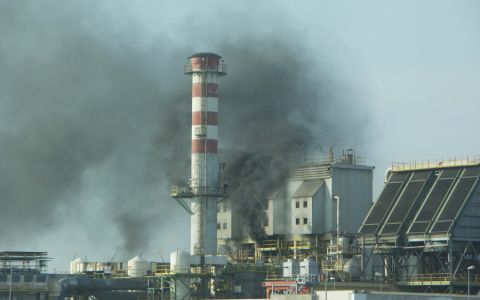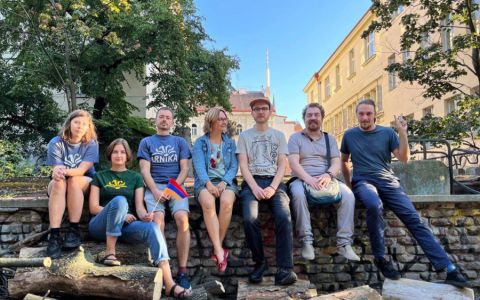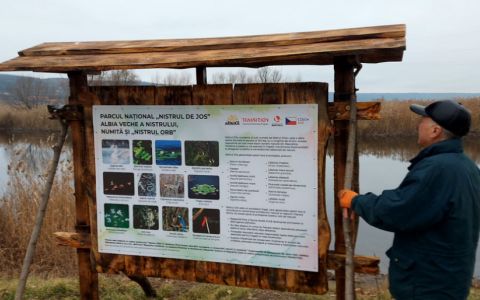In the Western Balkans, the repressive trend against civil society organisations set by Georgia and before that by Russia is continuing. Lawmakers in Republika Srpska, one of Bosnia and Herzegovina's two administrative entities, have passed a law on "foreign agents" that gives the authorities a stick to hit on inconvenient non-government, non-profit organisations.
The law requires any organisation receiving money or other support from abroad to register with a special state registry and undergo additional bureaucracy. The NGO sector is to be prevented not only from proposing legislation, but also from "influencing public opinion in general".
Alleged "foreign agents" may face both a court ban and possible criminal prosecution of their leaders if they cross such vaguely defined boundaries. Underneath the vague wording lies the possibility of even liquidating pressure on independent media and NGOs, including those dedicated to nature conservation.
"This is another of the worrying restrictive measures in countries where we have been working for a long time: relatively young democracies where the position of civil society and its right to participate in decision-making processes is as important as it is fragile," says Zuzana Vachůnová, Arnika's project coordinator in Bosnia and Herzegovina, referring to recent events in Georgia. The government there has pushed through a similar law on 'foreign agents' as part of a wider effort to stifle critical voices in civil society.
Georgians called the law, which labelled NGOs as agents of a foreign power, "Russian" and protested massively, but the bureaucratic whip on NGOs not only went into effect, but the ruling party added to it by interfering in elections and using violence against demonstrations. A similar regulation is also planned by Slovakia, also inadvertently copying the legislative harassment which has been used for years by Moscow to destroy the NGO sector. The relevant legislation passed its first parliamentary reading in Slovakia about a year ago. In the Czech Republic, a similar repressive change is being promised by the coalition 'Stačilo!', anti-system parties led by the local post-Soviet communist party KSČM.
Back in Bosnia and Herzegovina, the local non-profit sector was also shaken by the sudden termination of the USAID programme. This exposed not only independent media and human rights initiatives, but also organisations working on nature conservation, helping the disabled, etc., to even greater uncertainty.
"We are witnessing a sharp and almost universal turn by many governments towards open hostility towards civil society organisations. Under manipulative pretexts, not only voices critical of local government cabinets are being attacked and restricted, but also countless professional activities that cannot pay for themselves without institutional support, but which society would objectively miss," adds Vachůnová.
The law is opposed by both the local NGOs and the European Commissioner for Human Rights
A wide range of local and international organisations have already spoken out against the "foreign agents” law in Bosnia and Herzegovina. Forty-one local initiatives have issued a statement, describing the legislation as an attempt to silence critical voices and an 'unacceptable attack on the fundamental values of democracy'. Among the signatories is the Centre for the Environment, with which Arnika has long worked in Republika Srpska to protect local rivers and other valuable ecosystems.
The civil society organisations also point out that the new law gives the authorities the ability to attack inconvenient organisations through arbitrary interpretations of vague wording, without bringing anything new except the possibility of official harassment. Instruments for routine control of the financial and other functioning of the NGO sector in Republika Srpska already exist.
A similar interpretation is shared by the global Committee to Protect Journalists. It warns of the threat the law poses to independent media, stating, among other things, that "legislation on 'foreign agents' replicates the restrictive measures of authoritarian regimes. Such laws are incompatible with democratic values and Bosnia and Herzegovina's European integration aspirations. The European Commissioner for Human Rights, Michael O'Flaherty, has also directly called for the law to be rejected.
For Bosnia and Herzegovina, the attitude of the European institutions could have consequences. The country has been applying for EU membership since 2016, and the EU decided last year to start accession negotiations. As a candidate country, Bosnia and Herzegovina is expected (and its progress in meeting these expectations is constantly monitored) to strengthen, for example, the rule of law or the guarantee of freedom of expression - precisely the principles that the law on "foreign agents" in the Republika Srpska threatens. Especially in conjunction with other legislative changes, such as last year's establishment of "insult and defamation" as a criminal offence with serious penalties.
Arnika and its partners - the Aarhus Centre Sarajevo, the Dr Stjepan Bolkay Centre and the Centre for Environment (the latter in the Republic of Serbia) - remain in active cooperation in the country despite recent developments. Our current project focuses on the protection of the unique ecosystems around the last wild rivers in Europe and the desirability of designating new protected areas. In Bosnia and Herzegovina, for example, we co-organised a biological camp around which experts mapped the local biodiversity. They discovered butterflies - in particular the eastern orange tip, anthocharis damone - and dozens of spider species never before recorded in the Balkan country.







